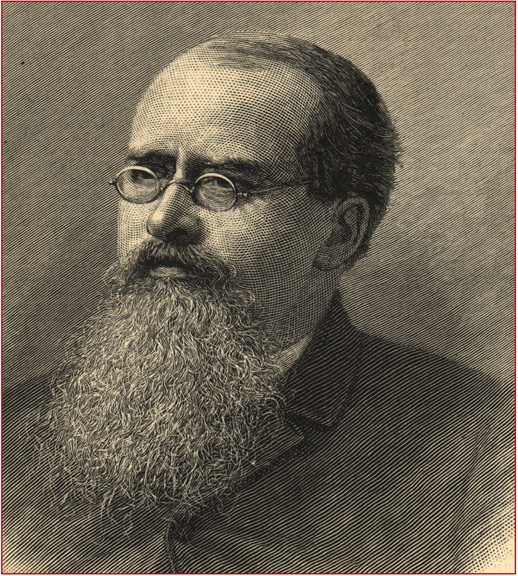Why publish Haygood’s Rock now? Who would want to read it? We’d say, just about every American intrigue with the Civil War era and its aftermath— But let’s be realistic. Haygood’s Rock is fiction—a biographical novel, yes. This genre used to be called a docudrama, or dramatized documentary-in-print. It doesn’t just tell a story, it gets into the characters’ feelings and mind at the same time as it remains faithful to the facts—what really happened in the character’s life at the time the action (in the scene)—and, in a broader sense, at that moment in history.
Most of us never heard of Atticus Haygood, but the historical figures—like Rutherford Hayes and Booker T. Washington—jump out at us. Confederate leaders, some KKK, and Black leaders whose words have been trampled under the mythic illusions of what really took place during and after the war of secession, what we call the Civil War—all come alive in their own words and authentic actions
Frankly speaking, Haygood’s Rock reveals the very roots of systemic racism, spawned by white supremacy in America. For, “speaking up frankly” in Haygood’s story are the very men who intensified systemic white supremacy in Nineteenth-Century America—North and South.
We are living with their legacy. Perhaps we should try to understand—really understand—what it is we inherited. The best way to see it, without judging, just absorbing its story—(how it played out in real time)—is best done in story form. Fiction has its own way of laying the facts bare, letting readers see all its dimensions, then making their own judgments.
Today we live in a divided America seeking to fuse itself back together. Around us, our neighbors and friends are asking: What’s causing all the distrust? Is racism alive—at the same time as we see more and more intermingling of people of all colors. There was no such mingling in Atticus’s era.
Atticus (above all, a practical man) expected social integration to take at least a hundred years before it would begin the process. And it did.


